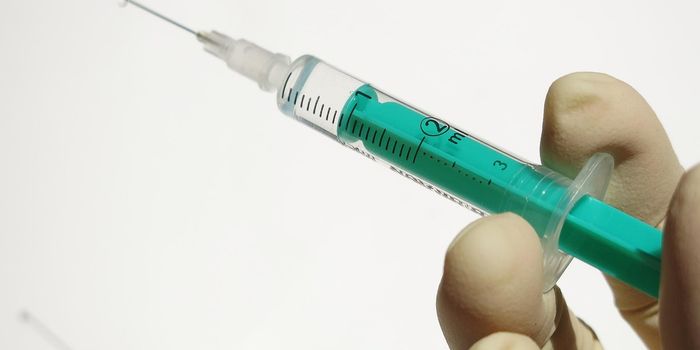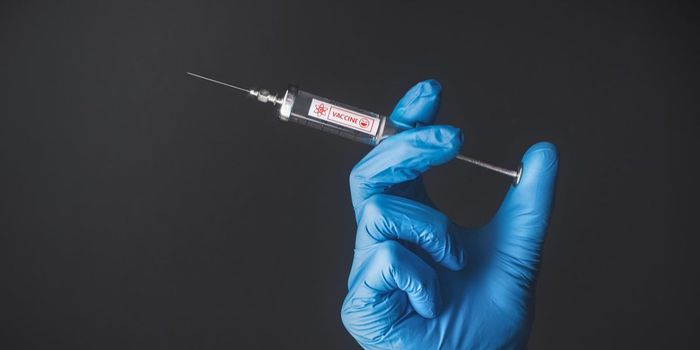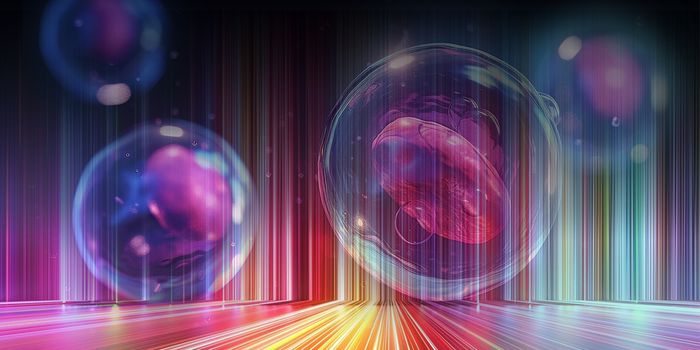One Inflammatory Disease Increases the Risk of Another
The immune system has an incredible ability to remember past infections, so it can defeat pathogens that return more quickly. But if the immune system mistakenly begins to attack healthy tissue, that memory can cause chronic inflammation, and create an autoimmune disorder. Scientists have found that when an autoimmune disease arises, it raises the risk that another one will occur. Reporting in Cell, the investigators used a mouse model of gum disease or periodontitis, an inflammatory disorder, to show that changes occur in cells in the bone marrow that increases their susceptibility to arthritis.
The scientists noted that while the research used periodontitis and arthritis as their model “...our findings go above and beyond these examples,” said corresponding study author George Hajishengallis, a professor in Penn Dental Medicine. The mechanism revealed in this study is "central," and represents "a unifying principle underlying the association between a variety of comorbidities.”
Previous work has indicated that cells of the innate immune system, like macrophages and neutrophils, have a kind of memory of past encounters. They found that this memory arises in the bone marrow, and that when a bone marrow transplant occurs, the memory is also transplanted. The researchers suspected that there was a link between various comorbidities.
When they engineered a mouse model of periodontal disease, they found that within a week, the myeloid cells and the progenitors of myeloid cells in the bone marrow had all expanded. After the model's periodontal disease was eliminated by the researchers, the cells were found to carry epigenetic markers that seem to have imprinted a memory of the inflammation. Epigenetic markers can alter gene expression without changing the sequence. The genetic changes were linked to changes in the inflammatory response; the researchers determined how the cells were becoming more likely to create additional inflammation.
When the mouse model was exposed to another immune challenge, their response become more pronounced, further showing evidence of immune memory.
The researchers transplanted two hundred stem cells from mice with severe periodontitis into recipients that had never had gum disease. The recipients were then given collagen antibodies that induce arthritis. “Mice that received the transplant from mice with periodontitis developed more severe arthritis than mice that received a donation of stem cells from periodontally healthy mice,” said Hajishengallis.
Joint inflammation was worse in those mice because the periodontitis-trained stem cells were generating inflammatory cells, added co-corresponding study author Triantafyllos Chavakis of the Technical University of Dresden.
Additional work indicated that IL-1 is also involved in this type of immune memory. When IL-1 receptor signaling was disrupted in mice, the were no longer more susceptible to additional inflammatory disorders after a transplant.
This research might change how bone marrow transplant donors are selected, noted the researchers.
It could also help scientists create new treatments for some autoimmune conditions. “We’ve seen anti-IL-1 antibodies used in clinical trials for atherosclerosis with excellent results,” noted Hajishengallis. “It could be that it was in part because it was blocking this maladaptive trained immunity.”
Sources: University of Pennsylvania, Cell









